Latest News
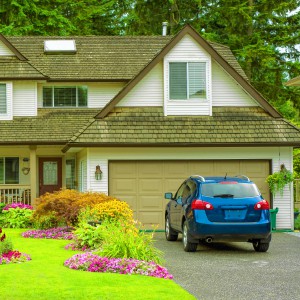 Real Estate Transactions: May 10, 2024
Real Estate Transactions: May 10, 2024
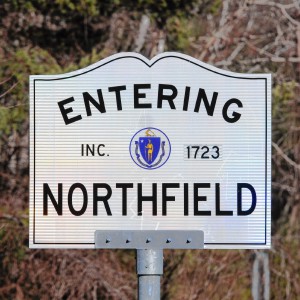 Luksha victorious in Northfield Planning Board race
Luksha victorious in Northfield Planning Board race
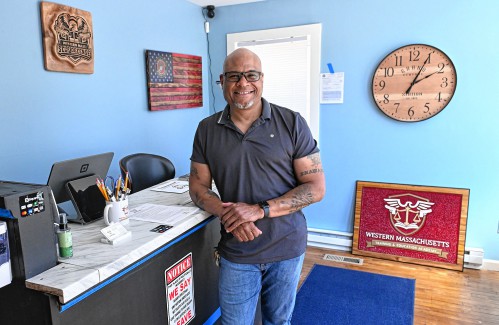
Retired police officer, veteran opens firearms training academy in Millers Falls
MILLERS FALLS — The Western Massachusetts Training & Education Academy offers an array of firearm courses taught by certified instructor and U.S. Marine veteran Leon “Lee” Laster. But you won’t find live ammunition on site.That’s because the new...
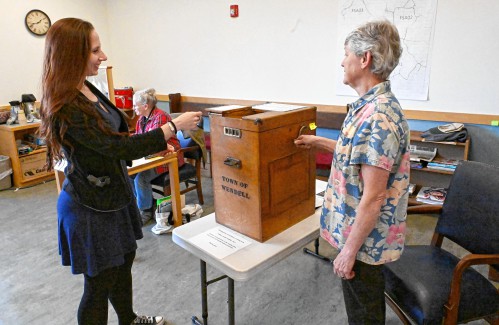
No surprises in Wendell election
WENDELL — There were no surprises in Monday’s town election, as there were no contested races and two positions for which there were no candidates on the ballot.According to Town Clerk Anna Wetherby, 133 ballots were cast, making for a 17.6% voter...
Most Read
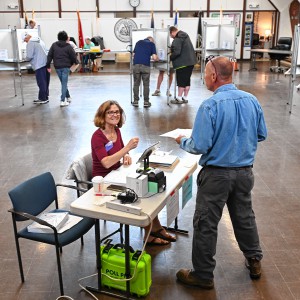 Political newcomer defeats Shores Ness for Deerfield Selectboard seat
Political newcomer defeats Shores Ness for Deerfield Selectboard seat
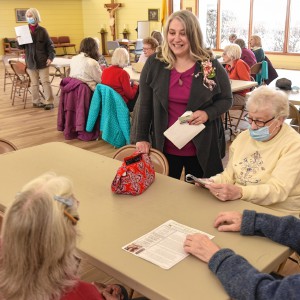 South County Senior Center opts not to renew church lease after rift over LGBTQ program
South County Senior Center opts not to renew church lease after rift over LGBTQ program
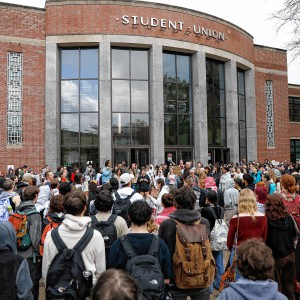 More than 130 arrested at pro-Palestinian protest at UMass
More than 130 arrested at pro-Palestinian protest at UMass
 As I See It: Between Israel and Palestine: Which side should we be on, and why?
As I See It: Between Israel and Palestine: Which side should we be on, and why?
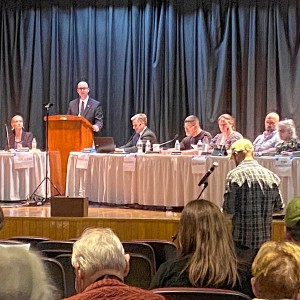 Moratoriums on large-scale solar, battery storage passed in Northfield
Moratoriums on large-scale solar, battery storage passed in Northfield
 Bridge of Flowers in Shelburne Falls to open on plant sale day, May 11
Bridge of Flowers in Shelburne Falls to open on plant sale day, May 11
Editors Picks
 On Mother’s Day, we’ll always have Paris: A crêpe recipe in honor of my French-speaking mother
On Mother’s Day, we’ll always have Paris: A crêpe recipe in honor of my French-speaking mother
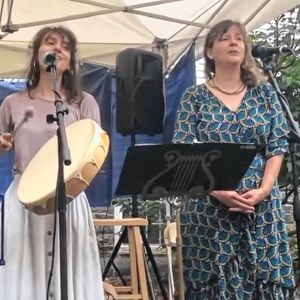 Montague Notebook: May 9, 2024
Montague Notebook: May 9, 2024
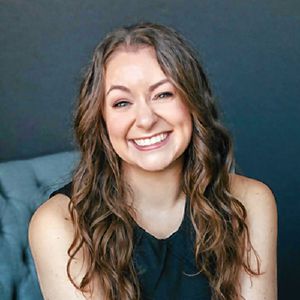 Business Briefs: May 10, 2024
Business Briefs: May 10, 2024
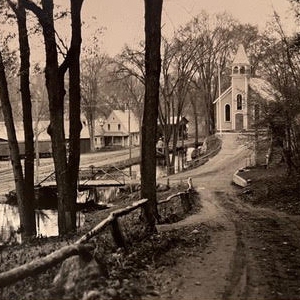 West County Notebook: May 8, 2024
West County Notebook: May 8, 2024
Sports

High schools: Lilly Ross, Franklin Tech blank Mahar 12-0 (PHOTOS)
TURNERS FALLS — Lilly Ross struck out four and allowed just one hit in the circle for the Franklin Tech softball team on Wednesday. The left-hander earned the win in four innings of work as the Eagles blanked Mahar, 12-0, in a five-inning Franklin...
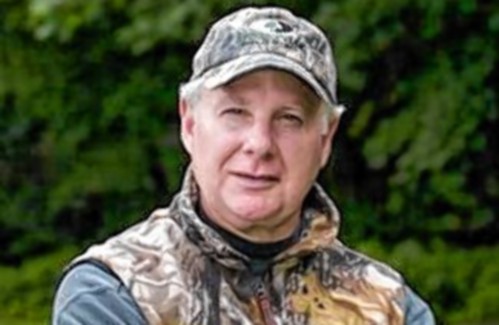 On The Ridge with Joe Judd: More successful tales from the hunt
On The Ridge with Joe Judd: More successful tales from the hunt
Opinion
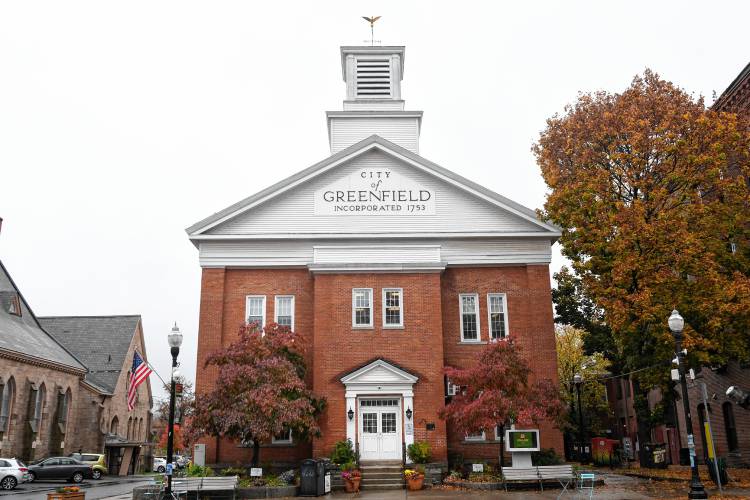
My Turn: Stop taking all equity in home seizures now
I don’t like to read the legal ads. The print is too small and it feels like you need a degree in legal studies to understand them. But on April 13 of this year, the city of Greenfield took out a full-page ad in the Recorder listing residents who...
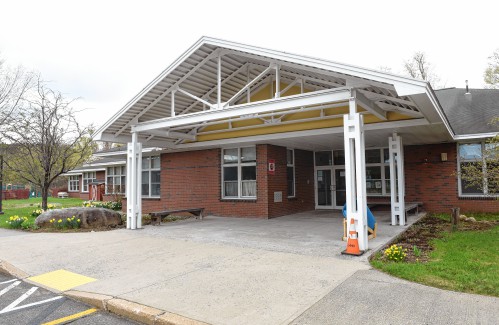 Bill and Jean Gran: Heath Select Board needs Mike Smith’s broad experience
Bill and Jean Gran: Heath Select Board needs Mike Smith’s broad experience
 Pam Roberts: Come join Buddy Baseball's new season on May 11!
Pam Roberts: Come join Buddy Baseball's new season on May 11!
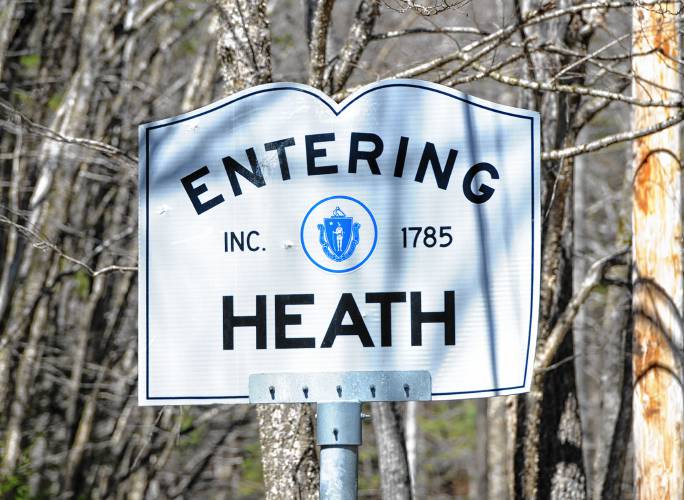 Robert McGahan: Will Emmet selflessly gives time and energy to town
Robert McGahan: Will Emmet selflessly gives time and energy to town
 Pam Parmakian: What’s in a flag? Solidarity and safety
Pam Parmakian: What’s in a flag? Solidarity and safety

Business
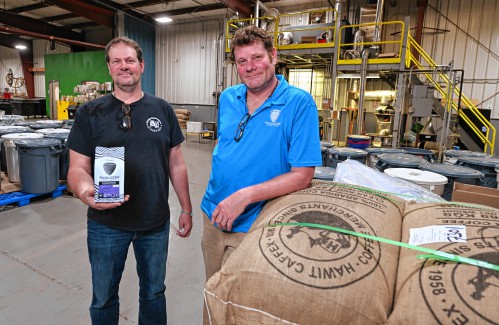
Fogbuster Coffee Works, formerly Pierce Brothers, celebrating 30 years in business
GREENFIELD — Three decades ago, Sean and Darren Pierce, two brothers in their mid-20s, decided to start selling coffee — a business venture that was funded by a roughly $30,000 mountain of credit card debt.Today, the Greenfield-based Fogbuster Coffee...
 Goddard finds ‘best location’ in Shelburne Falls with new Watermark Gallery space
Goddard finds ‘best location’ in Shelburne Falls with new Watermark Gallery space
 New buyer of Bernardston’s Windmill Motel looks to resell it, attorney says
New buyer of Bernardston’s Windmill Motel looks to resell it, attorney says
 New Realtor Association CEO looks to work collaboratively to maximize housing options
New Realtor Association CEO looks to work collaboratively to maximize housing options
 New owners look to build on Thomas Memorial Golf & Country Club’s strengths
New owners look to build on Thomas Memorial Golf & Country Club’s strengths
Arts & Life

Sounds Local: Joni Mitchell tribute comes to Turners Falls: Big Yellow Taxi to perform ‘Court and Spark’ in its entirety, May 18 at the Shea
If you are a Joni Mitchell fan (and who isn’t), you’ll want to be at the Shea Theater Arts Center in Turners Falls on Saturday, May 18, at 8 p.m. when the premier Joni Mitchell tribute band here in the Northeast, Big Yellow Taxi, takes the stage. This...
Obituaries
 Stephen Kozma
Stephen Kozma
Northfield, MA - Stephen Roy Kozma, 65, of Gill, Ma passed away unexpectedly at home on May 5, 2024. He was born in Greenfield, MA on Dec. 1, 1958 the eldest of five, to Stephen (deceased in 2014) and Marita (Bassett) Kozma.After gradua... remainder of obit for Stephen Kozma
 Stephen A. Clark
Stephen A. Clark
Greenfield, MA - Stephen A. Clark, 76, of Greenfield, Massachusetts died Saturday April 27, 2024 at home. He was born in Brattleboro, VT on December 1, 1947, the son of Lloyd and Elizabeth (Rounds) Clark. Stephen was a graduate of Green... remainder of obit for Stephen A. Clark
 Richard Powers
Richard Powers
Richard "Dick" Powers Northfield, MA - On May 2, 2024 Richard "Dick" "Dickie" Powers, 79, passed away at the home of his daughter, with his daughters by his side, following a long battle with vascular and frontotemporal dementia. He was ... remainder of obit for Richard Powers
 Edwin J. Nartowicz
Edwin J. Nartowicz
Northampton, MA - Edwin J. Nartowicz, 100, of Northampton, passed away on Thursday, April 25, 2024, surrounded by his loving family at Cooley Dickinson Hospital. He was born in South Deerfield on November 7, 1923, to the late John and A... remainder of obit for Edwin J. Nartowicz

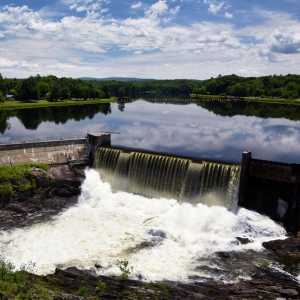 Valley lawmakers seek shorter license for FirstLight hydropower projects
Valley lawmakers seek shorter license for FirstLight hydropower projects
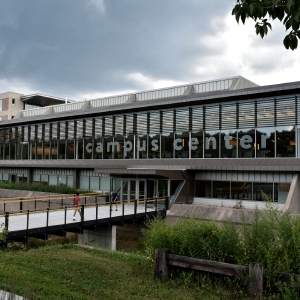 Comerford: Free community college plan will lift up students, offer immediate return on investment
Comerford: Free community college plan will lift up students, offer immediate return on investment
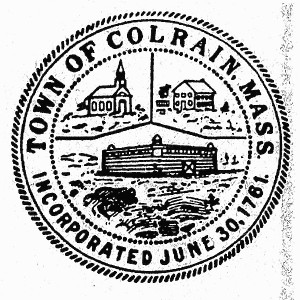 Korby claims Selectboard seat, Kurland elected moderator in Colrain
Korby claims Selectboard seat, Kurland elected moderator in Colrain
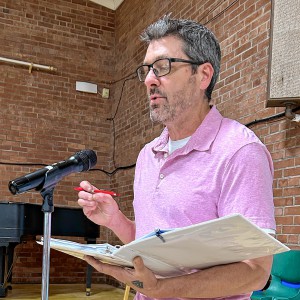 Streetlight proposal gets unanimous approval in Shelburne
Streetlight proposal gets unanimous approval in Shelburne
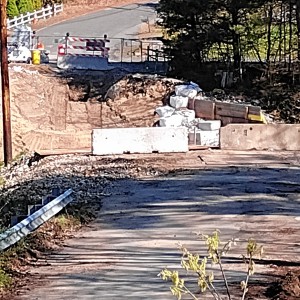 Work on Pinedale Avenue Bridge connecting Athol and Orange to resume
Work on Pinedale Avenue Bridge connecting Athol and Orange to resume
 Bulky waste recycling event set for Saturday
Bulky waste recycling event set for Saturday
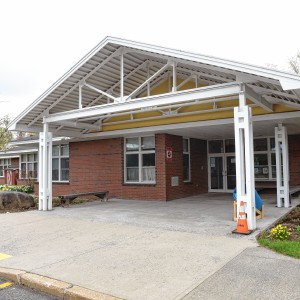 Pair of public servants vying for Selectboard seat in Heath
Pair of public servants vying for Selectboard seat in Heath
 Bulletin Board: Crumpin-Fox Club’s Keith Burch, Justin Dion in 5th place at 43rd Massachusetts Four-Ball Championship
Bulletin Board: Crumpin-Fox Club’s Keith Burch, Justin Dion in 5th place at 43rd Massachusetts Four-Ball Championship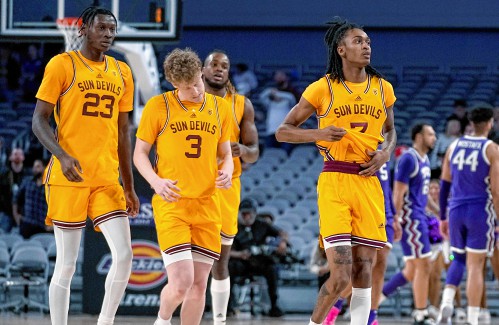 UMass basketball: Minutemen nab another transfer in Arizona State forward Akil Watson
UMass basketball: Minutemen nab another transfer in Arizona State forward Akil Watson High Schools: MacKenzie Paulin tosses one-hitter to lift Greenfield softball past Frontier
High Schools: MacKenzie Paulin tosses one-hitter to lift Greenfield softball past Frontier 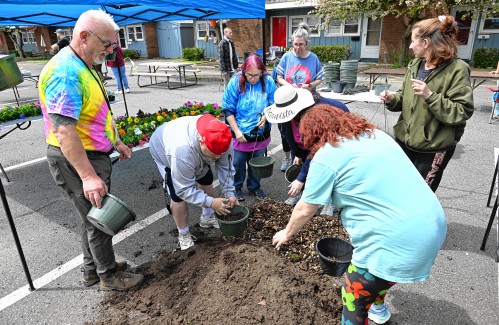 Providing opportunity for people to grow: The United Arc of Franklin County’s annual Gardening with Steve event a highlight of spring
Providing opportunity for people to grow: The United Arc of Franklin County’s annual Gardening with Steve event a highlight of spring Speaking of Nature: Capturing my Bermuda nemesis: The Great Kiskadee nearly evaded me, until I followed its song
Speaking of Nature: Capturing my Bermuda nemesis: The Great Kiskadee nearly evaded me, until I followed its song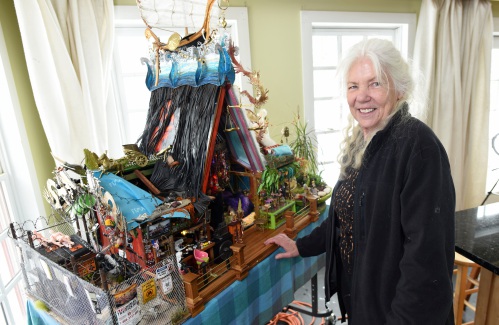 The house that therapy built: Multimedia artist Lisa Winter to display “My House” at the Wendell Meetinghouse this Sunday
The house that therapy built: Multimedia artist Lisa Winter to display “My House” at the Wendell Meetinghouse this Sunday Fun Fest returns to Turners Falls: Música Franklin hosts 6th annual family-friendly, free event, May 11
Fun Fest returns to Turners Falls: Música Franklin hosts 6th annual family-friendly, free event, May 11
